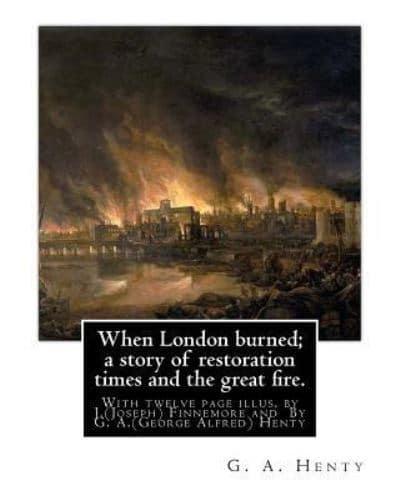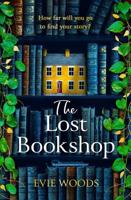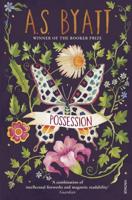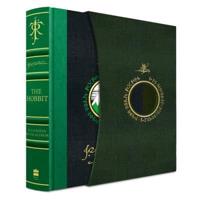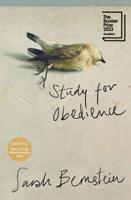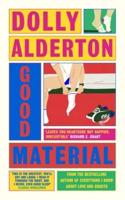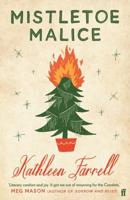Publisher's Synopsis
When London Burned: A Story of Restoration Times and the Great Fire. By G. A. HENTY. With 12 page Illustrations by J. FINNEMORE. Crown 8vo, cloth elegant, olivine edges, 6s. The hero of this story was the son of a nobleman who had lost his estates during the troublous times of the Commonwealth. Instead of hanging idly about the court seeking favours, Cyril Shenstone determined to maintain himself by honest work, and, as a scrivener in the city, soon established a reputation for zeal and trustworthiness. He served afterwards as a volunteer in the fleet under Prince Rupert, and highly distinguished himself in the Dutch wars. During the Great Plague and the Great Fire Sir Cyril was prominent among those who brought help to the panic-stricken inhabitants. This tale has rich variety of interest, both national and personal, and in the hero you have an English lad of the noblest type-wise, humane, and unselfish.Joseph Finnemore was born in Birmingham in 1860 and educated at the Birmingham School of Art and in Antwerp under Michel Marie Charles Verlat. Following a tour of Europe and the Near East in the early 1880, he settled in London in 1884. Wikipedia Born: 1860, Birmingham, United Kingdom Died: 1939 George Alfred Henty (8 December 1832 - 16 November 1902) was a prolific English novelist and war correspondent.He is best known for his historical adventure stories that were popular in the late 19th century. His works include The Dragon & The Raven (1886), For The Temple (1888), Under Drake's Flag (1883) and In Freedom's Cause (1885).G. A. Henty was born in Trumpington, near Cambridge. He was a sickly child who had to spend long periods in bed. During his frequent illnesses he became an avid reader and developed a wide range of interests which he carried into adulthood. He attended Westminster School, London, and later Gonville and Caius College, Cambridge, [3] where he was a keen sportsman. He left the university early without completing his degree to volunteer for the Army Hospital Commissariat when the Crimean War began. He was sent to the Crimea and while there he witnessed the appalling conditions under which the British soldier had to fight. His letters home were filled with vivid descriptions of what he saw. His father was impressed by his letters and sent them to The Morning Advertiser newspaper which printed them. This initial writing success was a factor in Henty's later decision to accept the offer to become a special correspondent, the early name for journalists now better known as war correspondents. Shortly before resigning from the army as a captain in 1859 he married Elizabeth Finucane. The couple had four children. Elizabeth died in 1865 after a long illness and shortly after her death Henty began writing articles for the Standard newspaper. In 1866 the newspaper sent him as their special correspondent to report on the Austro-Italian War where he met Giuseppe Garibaldi. He went on to cover the 1868 British punitive expedition to Abyssinia, the Franco-Prussian War, the Ashanti War, the Carlist Rebellion in Spain and the Turco-Serbian War.He also witnessed the opening of the Suez Canal and travelled to Palestine, Russia and India.
